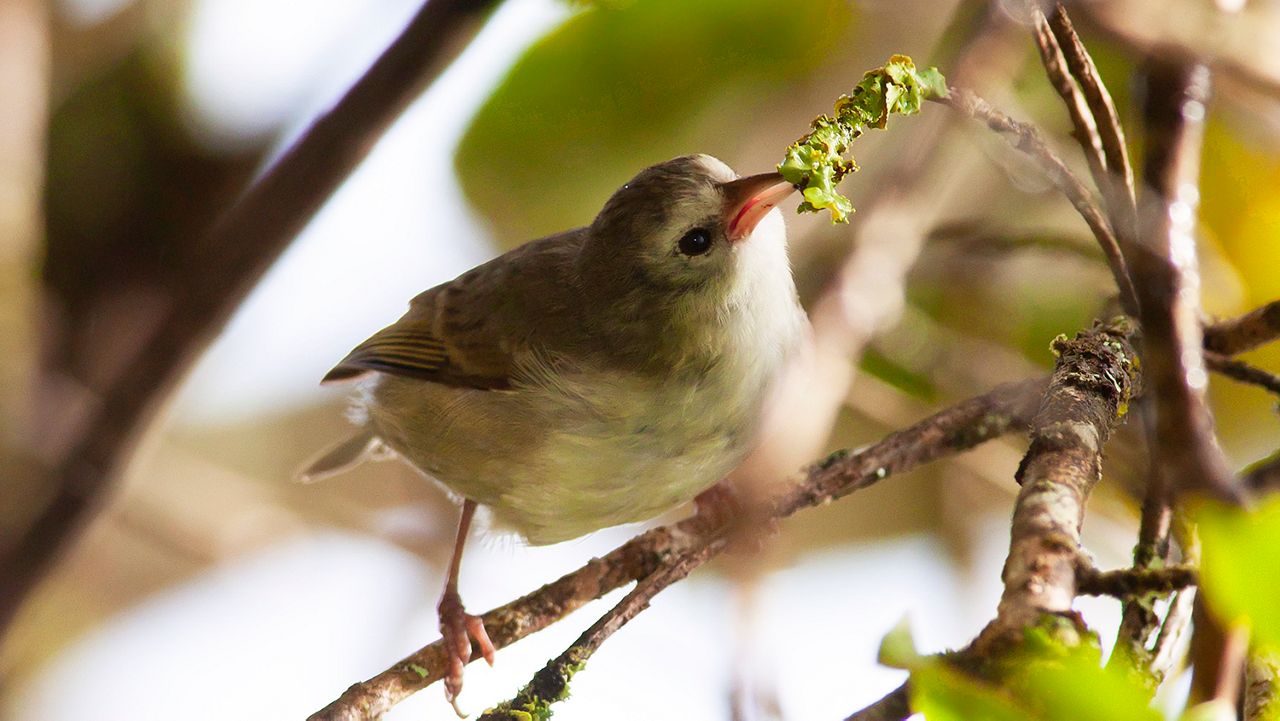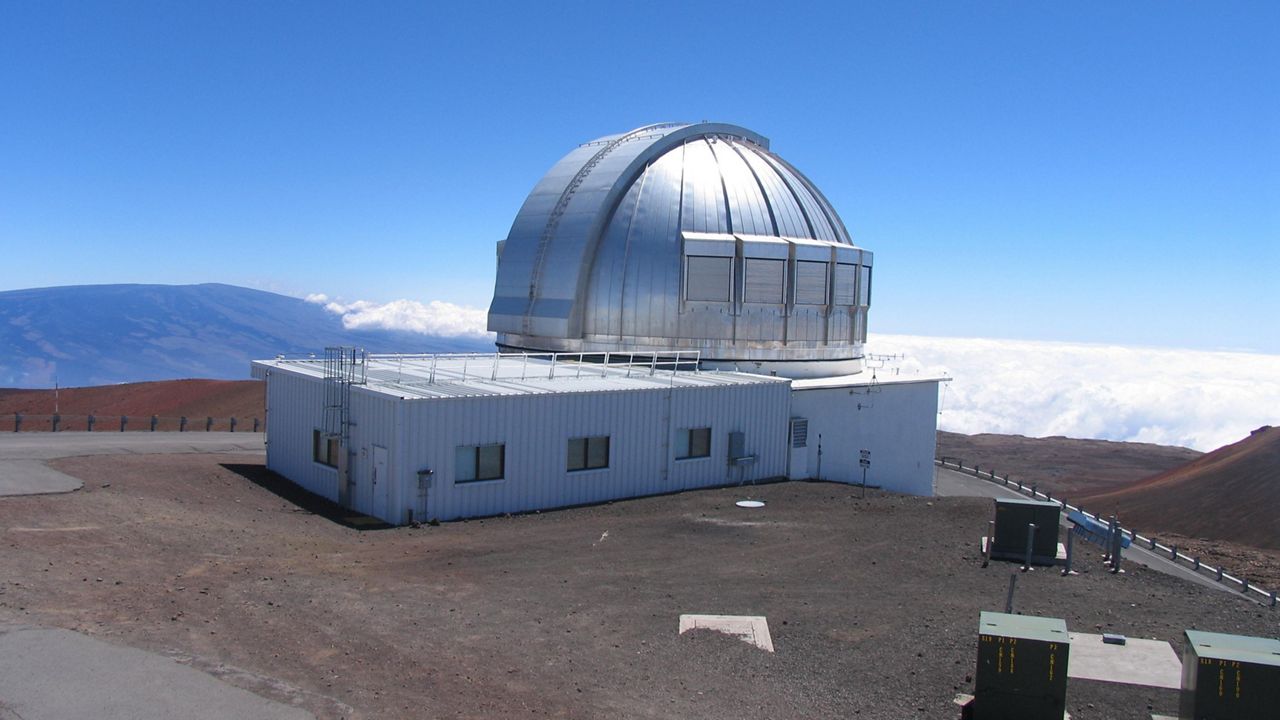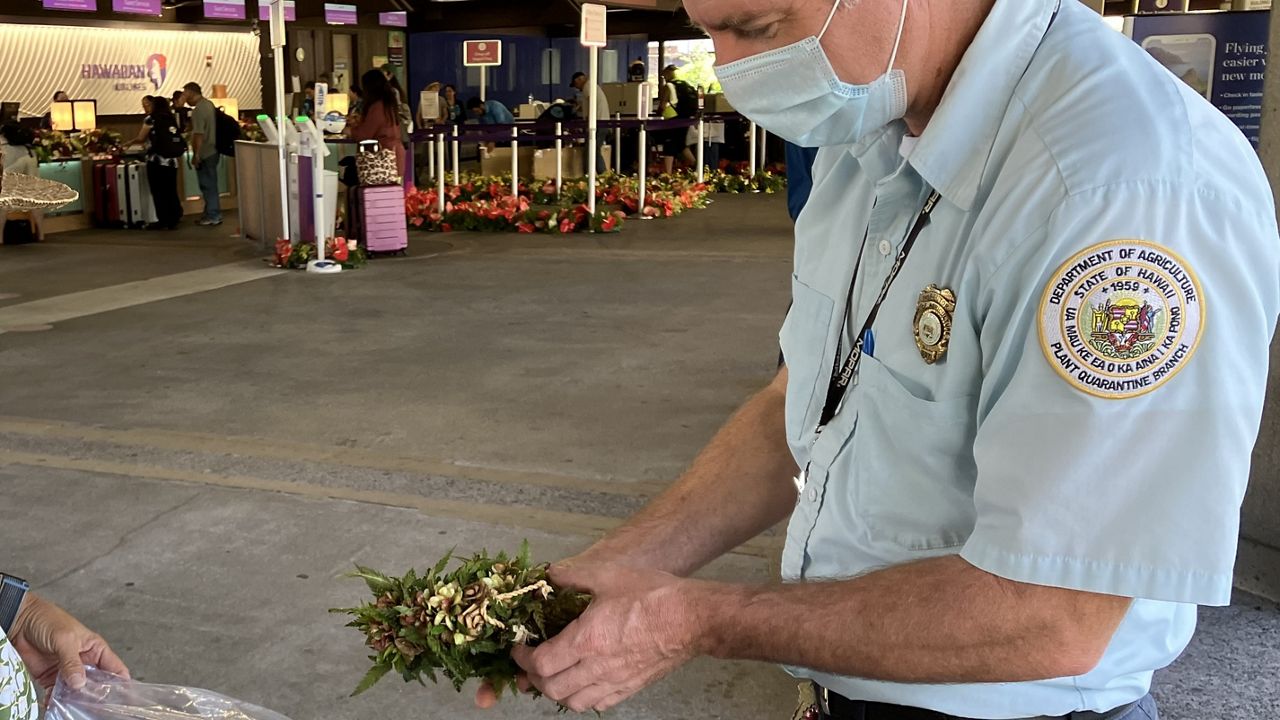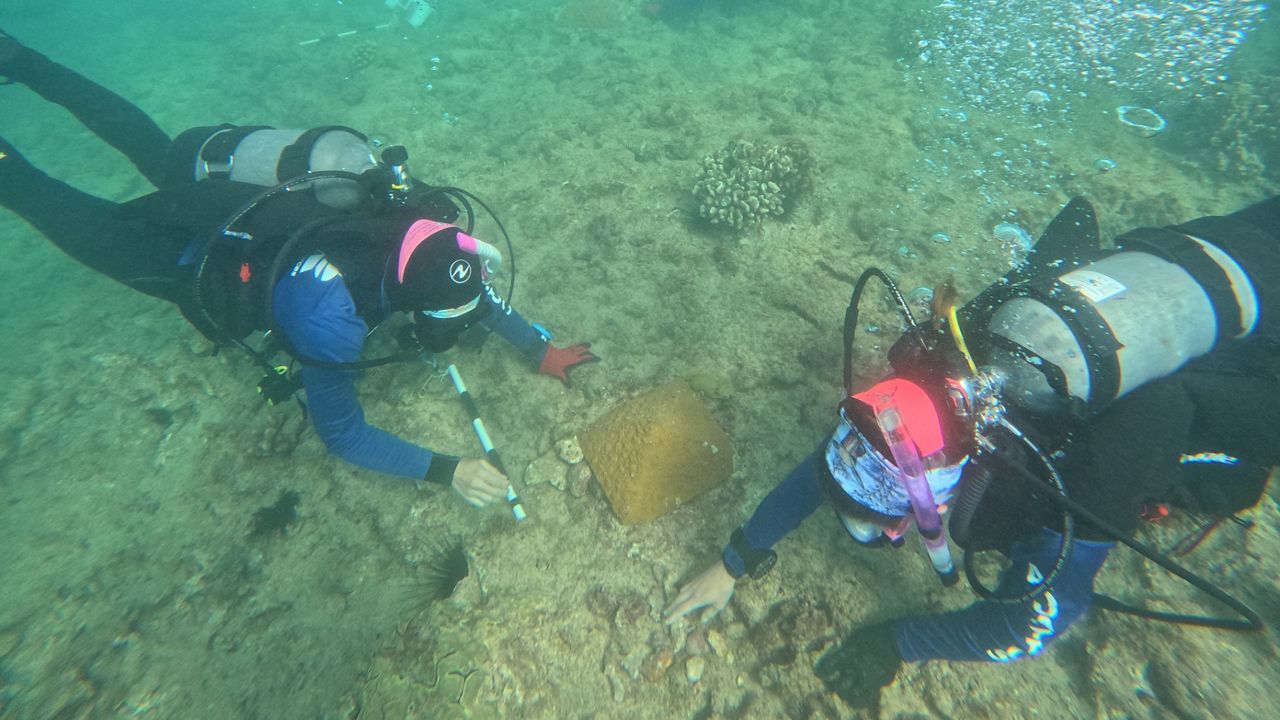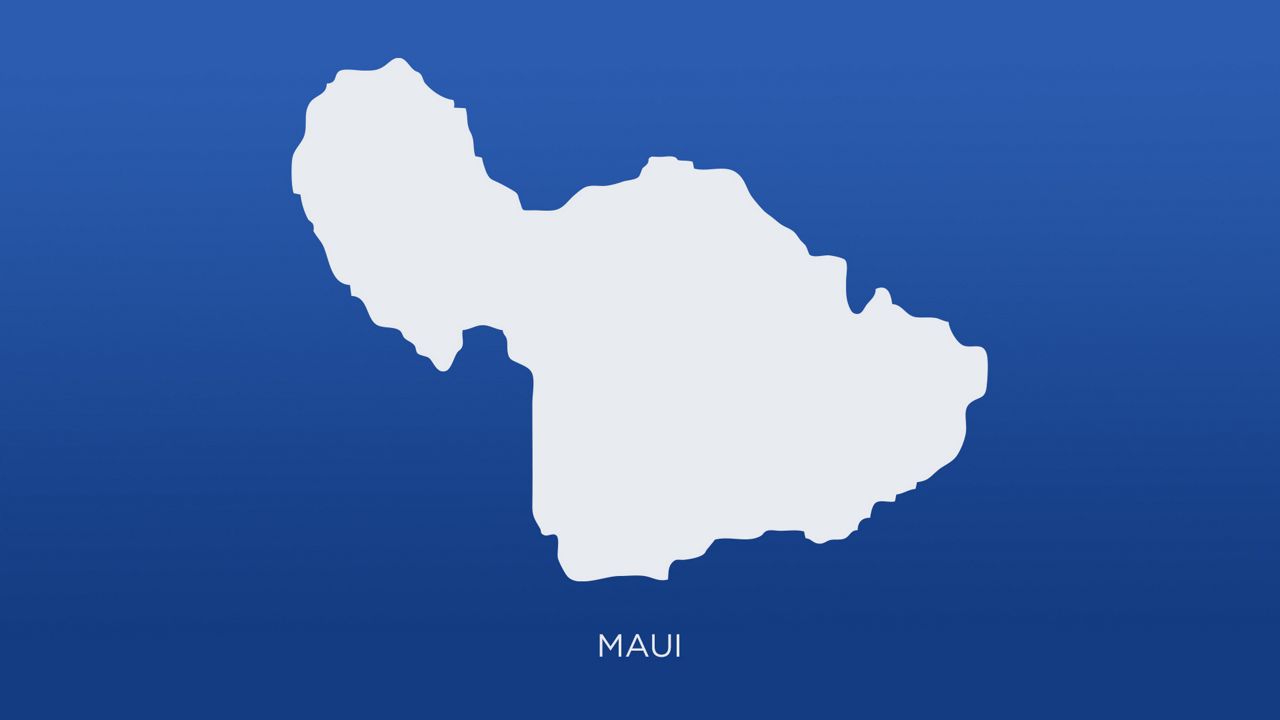On August 8, the day designated as Hawaiian Honeycreeper Day, a team from the Kauai Forest Bird Recovery Project will take to the skies to spread two naturally occurring bacteria — Bacillus thuringiensis (sold commercially as “Dunk”) and Bacillus sphaericus — to provide Kauai’s critically endangered forest birds a lifeline, according to the Department of Land and Natural Resources.
While the proposed mosquito birth control, known as the Incompatible Insect Technique, is being heard in Oahu Circuit Court with the next court date set for Aug. 15, the two bacteria will be spread through the air in the uplands of Kauai.
According to the DLNR, the two bacteria are traditionally used to prevent mosquito larvae from hatching and are harmless to humans. They’re found in soil around the world and are widely used in organic agriculture and water treatment.
The KFBRP staff have used Bacillus to control mosquito larvae for years, said the DLNR in a news release, and have traditionally spread it by hand while hiking through Alakai’s streams and valleys. The aerial approach will cover a wider area and hopefully save more birds.
“The increased use of Bacillus should provide a stopgap for akekee, allowing the species to avoid extinction long enough to benefit from the proposed mosquito birth control tool,” said Dr. Cali Crampton of the KFBRP.
“Both Bacillus and the IIT birth control use bacteria to suppress mosquitos. The two tools are separate but work together to address different parts of the mosquito life cycle — the Bacillus bacteria kill mosquito larvae, while different strains of the Wolbachia bacteria used in IIT result in unviable eggs that never hatch into larvae,” explained Crampton.
The focus is on helping birds, but the mosquito-suppression effort will also benefit people as organic bacteria combined with pest management efforts such as fixing potholes and overturning containers of standing water will help to create mosquito-free hiking and camping areas in Kokee and the Alakai region said the DLNR.
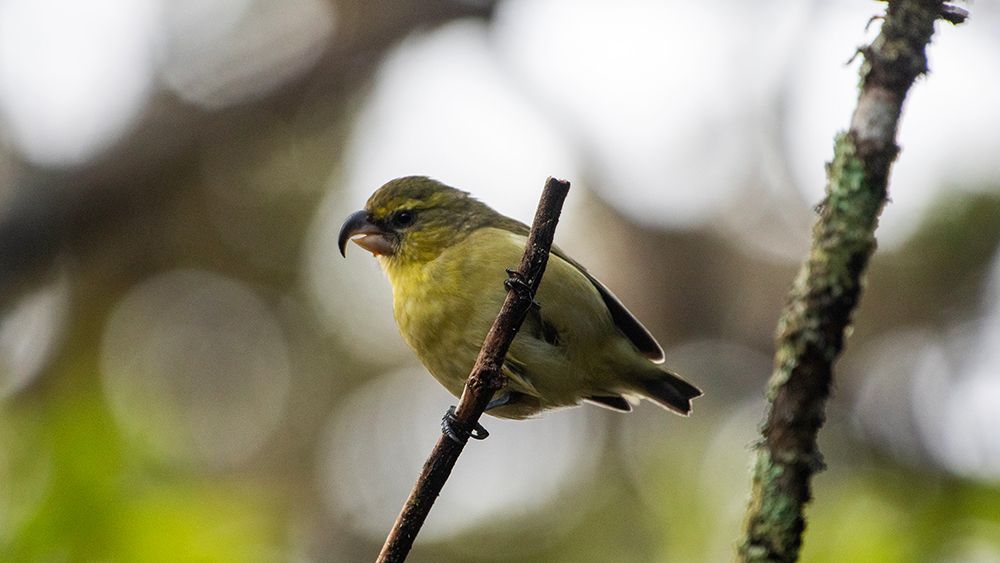
At a Kauai Forest Bird Recovery Project open house held in July, DLNR Division of Forestry and Wildlife Administrator David Smith explained the plight of the native birds.
“We have about three species that are just critical at this point. They’re right on the verge of extinction. Literally, some of these species like akikiki and akekee on Kauai and kiwikiu on Maui could go extinct within months,” said Smith.
As temperatures rise around the globe, so have invasive mosquitos carrying avian malaria into higher elevations.
Smith added, “Mosquitos aren’t native here. They don’t provide any crucial ecological role. By suppressing mosquitos, we have a huge environmental positive upside and almost no downside.”
Smith also said that IIT is not a genetically modified organism. Its use on Kauai would be the first wide-scale conservation effort to incorporate it, but “IIT has been used safely and successfully around the world for over 50 years to reduce mosquito populations causing diseases in people,” Smith concluded.
Sarah Yamanaka covers events, environmental and community news for Spectrum News Hawaii. She can be reached at sarah.yamanaka@charter.com.





